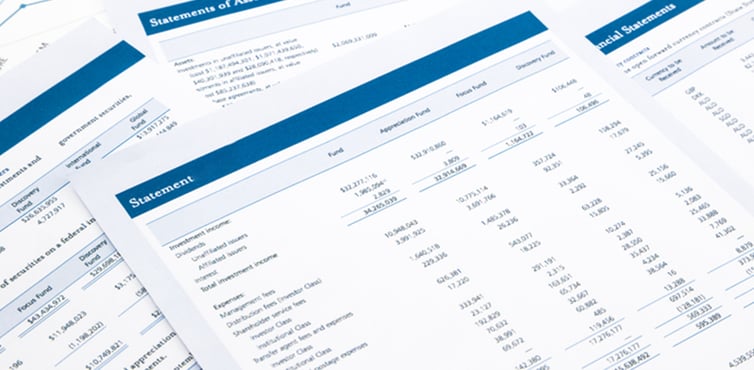When your accounts receivable department could use some help, it will show up in a number of ways. You may notice your sales are increasing but your cash flow isn't covering your bills. Bad debts are written off or your DSO keeps increasing. To grow your business, especially if you want investors, you must make accounts receivable a priority, collect bad debt, and use legal action to collect what's owed to you.
Once you've agreed to a contract and payment terms, the assumption is that you can send an invoice and the client will pay. Disappointment sets in when the payment due date comes and there's no payment from your client. This can be especially frustrating to your sales team, if it's a new client who seems to have reneged on the deal. You don't have to lose hope.
You can still prompt your clients to pay in a friendly way.
Accounts receivable management is defined as the practice of collecting money that is owed after extending credit for a product or service. When you invoice a client for a product or service, it creates a balance in accounts receivable. When issuing credit to a client, what's owed on that credit is an accounts receivable balance. When your client pays a monthly retainer, there's a monthly accounts receivable balance. Collecting accounts receivable is important to keep your organization going.
Here are six tips to improve the process of accounts receivable collections.
When a client begins to take advantage of your patience, resentment begins to build. You know the feeling - you're giving them extra hours, dealing with scope-creep, or continuing to work even though they haven't paid your past two invoices. There's a different way to handle these sorts of clients: Boundaries. You can still be friendly with clients but also honor the hard work and effort you put into your business.
Here's how to be friendly but firm and set boundaries with clients.
When clients aren't paying their invoices on time or at all, many businesses will write it off as bad debt simply because of the resources involved with collections. Some business owners are concerned about using a commercial debt collections agency because of the cost or complexity. There may also be apprehension due to mistrust of proper handling the client relationship. Depending on the agency, commercial debt collections doesn't have to be complex or costly.
Here's how your business can send commercial customer accounts to collections.
Commercial collections are attempts to recover unpaid business invoices owed to another business. Consumer collections are when a consumer owes a debt to a business.

Payment Terms are the conditions by which an invoice or contract will be paid. These terms are typically specified in a contract or arrangement and agreed upon by both parties.

A Statement of Account is an accounts receivable report sent to a client detailing open invoices to and payments from the client during a specific time period, resulting in an ending balance (net of all transactions listed).











